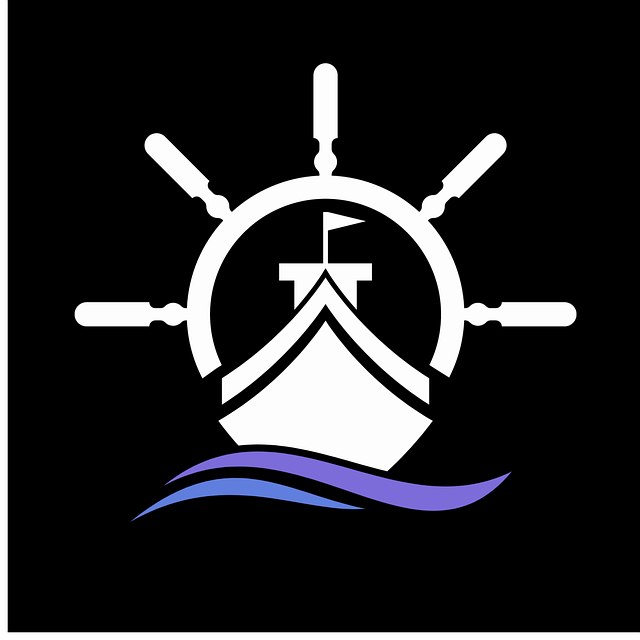In the B2B event industry, sponsorship is crucial for visibility and client attraction. Event organizers leverage digital tools like Google Ads and social media to maximize partnership impact. Integrating paid ads into promotion strategies offers measurable results and effective audience reach, improving financial outcomes and creating memorable experiences. Digital marketing, including targeted online advertising on platforms like LinkedIn, Twitter, and Facebook, enhances event buzz and overall success. Using strategic keywords in Google Ads optimizes search visibility and directs engagement with potential attendees, ensuring cost-effective, targeted promotions.
In today’s competitive business landscape, leveraging sponsorship opportunities through strategic B2B-targeted ads is paramount for event organizers. This article explores the art of enhancing event visibility and engagement using powerful digital tools. From understanding the potential of sponsorship to mastering online advertising, social media marketing, and Google Ads, discover effective strategies for promoting events that resonate with your target audience. Unlock the secrets to successful event promotion and drive tangible results.
Understanding Sponsorship Opportunities in B2B Events
In the dynamic landscape of B2B events, sponsorship opportunities play a pivotal role in enhancing visibility and engaging potential clients. Event organizers can leverage powerful digital marketing tools to maximize the impact of these partnerships. Online advertising for event organizers, such as targeted Google Ads, allows for precise reach within specific industry niches. By integrating social media advertising for events into their promotion strategies, organizers can tap into vast audiences and create buzz around their activities.
Event promotion strategies that incorporate paid ads offer measurable results, enabling organizers to track the effectiveness of their campaigns. Digital marketing for events provides an opportunity to showcase sponsors’ offerings to a highly engaged audience, fostering meaningful connections between businesses. Through strategic planning, event organizers can ensure that sponsorship deals not only boost their financial bottom line but also elevate the overall experience for attendees, creating memorable interactions that resonate long after the event concludes.
The Role of Online Advertising for Event Organizers
Event organizers in the B2B space have long recognized the power of online advertising as a vital component of their event promotion strategies. With the rise of digital marketing for events, organizers can now reach a global audience with precision and efficiency. Targeted ads, such as those offered through Google Ads, allow organizers to directly engage potential attendees based on specific demographics, interests, and even past behavior, ensuring that marketing efforts are not just seen but also converted into registrations.
Social media advertising for events has further expanded these capabilities. Platforms like LinkedIn, Twitter, and Facebook provide robust tools for creating paid ads tailored to event themes, attracting sponsors and participants alike. This strategic approach leverages the power of digital channels to amplify event visibility and create a buzz around the occasion, ultimately enhancing overall event success.
Leveraging Digital Marketing for Effective Event Promotion
Event organizers can significantly boost their reach and engagement by leveraging digital marketing strategies in today’s online-centric world. Online advertising offers a powerful tool for promoting events, allowing organizers to target specific audiences with tailored messages. By utilizing platforms like Google Ads, event marketers can display targeted ads to potential attendees based on demographics, interests, and location. This ensures that the right message gets to the right people, maximizing the impact of promotional efforts.
Social media advertising is another effective component of digital marketing for events. Platforms such as Facebook, Instagram, and LinkedIn provide robust targeting options, enabling organizers to reach specific segments of their target market. Paid ads on these networks can drive traffic to event websites, increase ticket sales, and foster a buzz around the occasion. Effective event promotion strategies should incorporate both Google Ads and social media advertising to ensure maximum visibility and engagement for their upcoming events.
Utilizing Social Media and Paid Ads for Event Marketing
Event organizers can leverage powerful tools like social media and paid ads to maximize their event’s reach and engagement. Social media platforms offer a direct line to potential attendees, allowing for targeted advertising based on demographics, interests, and past behavior. By crafting compelling content and utilizing relevant hashtags, organizers can create buzz around their events, attract new audiences, and build community.
For more focused outreach, paid ads through platforms like Google Ads provide precise targeting options. Event organizers can direct specific promotions to interested individuals using keywords related to their event’s theme or industry. This ensures that marketing efforts are cost-effective and reach the right people, enhancing the overall impact of event promotion strategies.
Optimizing Google Ads for Targeted Event Promotion Strategies
Event organizers can leverage Google Ads to reach their target audience effectively with tailored event promotion strategies. By optimizing online advertising campaigns, they can ensure their events gain maximum exposure and attract the right attendees. The key lies in crafting precise keywords that align with the event’s nature and demographic. Incorporating terms like “online advertising for event organizers” and “digital marketing for events” in ad copy and target pages will enhance visibility in search results.
Utilizing social media advertising for events, specifically within Google Ads, allows for more targeted reach. Event organizers can direct paid ads to specific demographics, interests, or even retarget past attendees. This strategic approach ensures that marketing efforts are not only cost-effective but also highly efficient, as it directly engages potential participants where they actively browse—online.
In conclusion, leveraging sponsorship opportunities through strategic B2B-targeted ads is a powerful way for event organizers to enhance their online presence and attract key audiences. By combining digital marketing techniques, such as social media advertising and optimized Google Ads, with creative event promotion strategies, organizers can effectively reach and engage potential sponsors and attendees alike. This integrated approach ensures that B2B events not only generate significant revenue but also foster meaningful connections within the industry.
